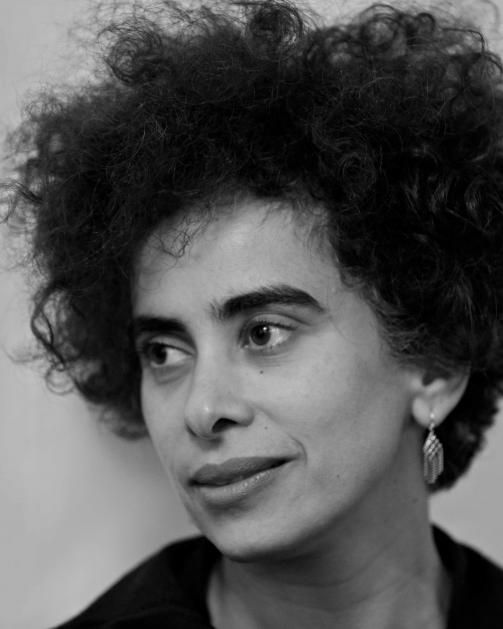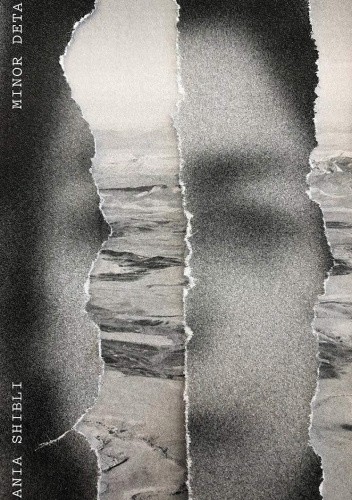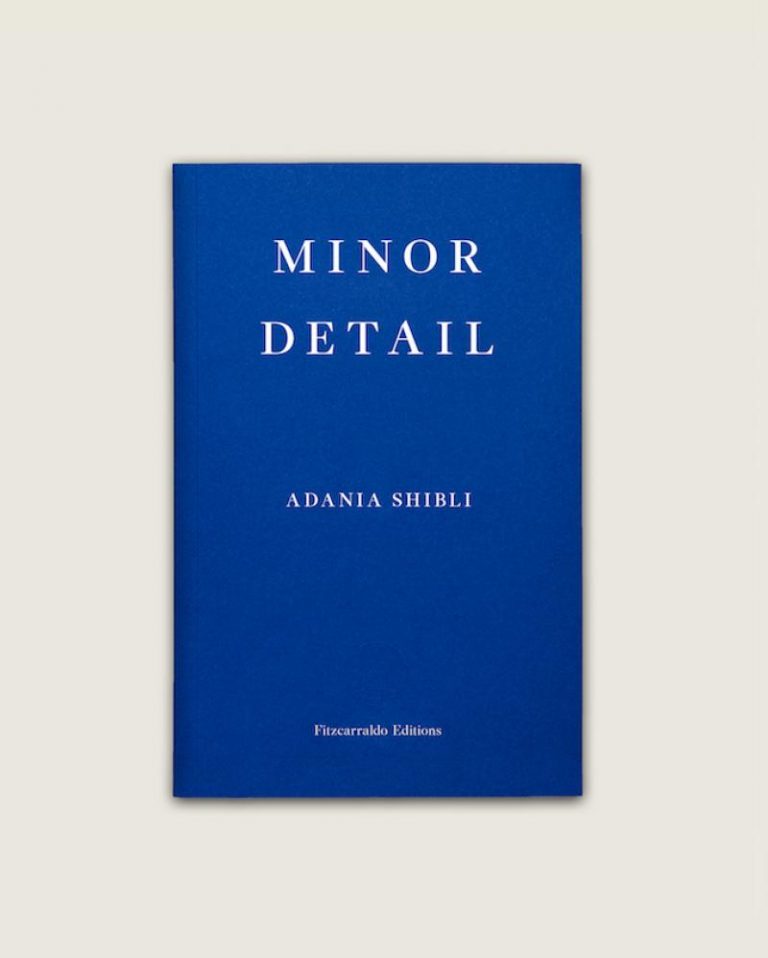


At the camp, the soldiers watch as the girl is stripped, hosed down, washed and redressed. He is obsessed with cleaning, with purity and the sense of calm it brings - a calm he also feels after the massacre and raping the girl. The narrative is precise and detached, the officer’s repetitive actions meticulously detailed. They will, in that famous slogan, “make the desert bloom.” The desert landscape thrums with energy: “The waves of sand, with their shifting shapes”, “the sound of wind slapping the tent roofs.” For the soldiers, however, it is an inhospitable landscape and the enemy is like a mirage, “their slender black shadows sometimes wavered in front of him, trembling between the hills.” This barren landscape, empty except for “infiltrators”, is what the occupiers will transform into their homeland.

The novel oscillates between stillness and movement. The two sections are joined through the movement of motifs and images, a poetic imaginary that creates echoes and solidarities that occur outside of the characters’ awareness, as if memory were woven into the fabric of language, or of reality itself.Ī Palestinian author’s new novel about the Israeli occupation burns with the white heat of taking a stand against the erasure of life and memory The novel is divided into two sections, with the story of the commanding officer of the platoon first, then the researcher’s. She becomes haunted by a “minor detail”: “The incident took place on a morning that would coincide, exactly a quarter of a century later, with the morning of my birth.” She feels compelled to recover the voice of a girl who is “a nobody and will forever remain a nobody whose voice nobody will hear.” Many decades later, an unnamed Palestinian woman - a researcher - comes across the story of the girl’s murder in a newspaper. They encounter a group of unarmed Bedouin whom they kill, except for a girl they take back to their camp, rape, murder and bury in the desert.

In the searing heat of the Negev (or Naqab, the original Palestinian name) Desert in 1949, an Israeli platoon is sent to cleanse the area of Palestinians still present after the 1948 war - the Palestinian exodus is known as the Nakba. It is a poetic, political work, which reveals the disastrous consequences of the Israeli occupation through the textures and movement of language on the palimpsest of history. Minor Detail by Palestinian author Adania Shibli is an intense, subtle novel immersed in the landscape of Palestine, shaped by the contours of the land and the conditions of occupation. Translated from the Arabic by Elisabeth Jaquette


 0 kommentar(er)
0 kommentar(er)
